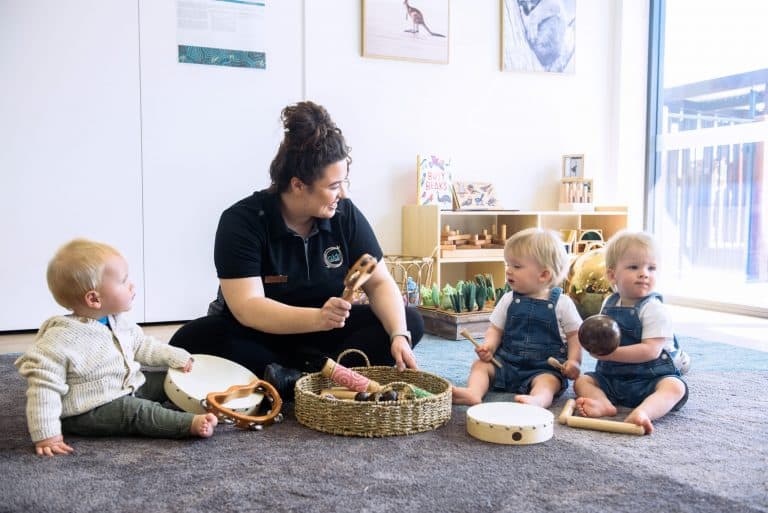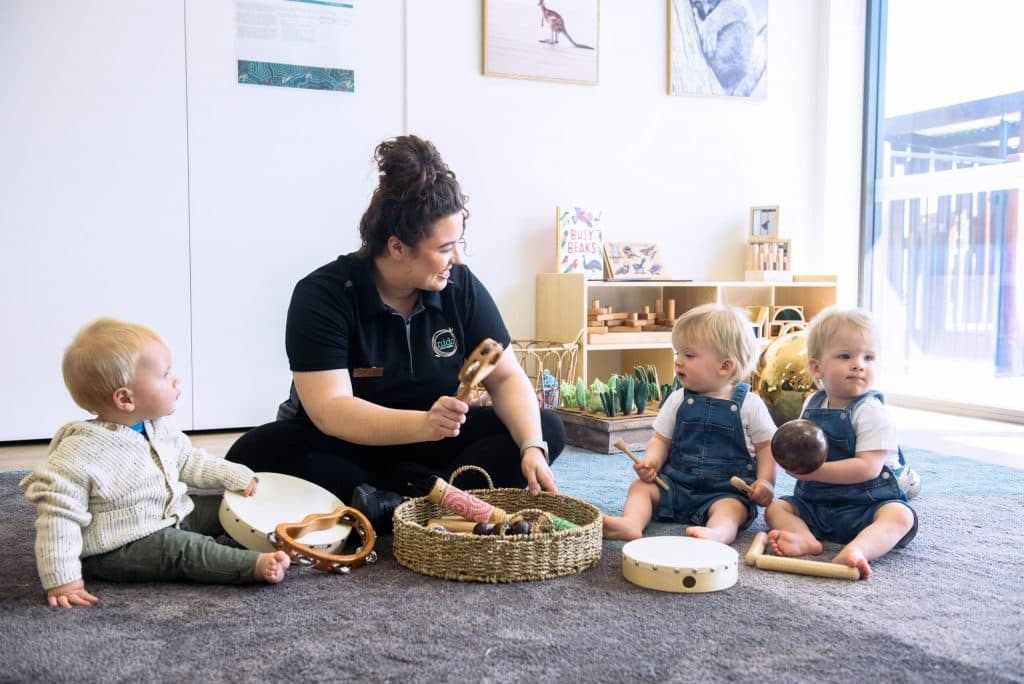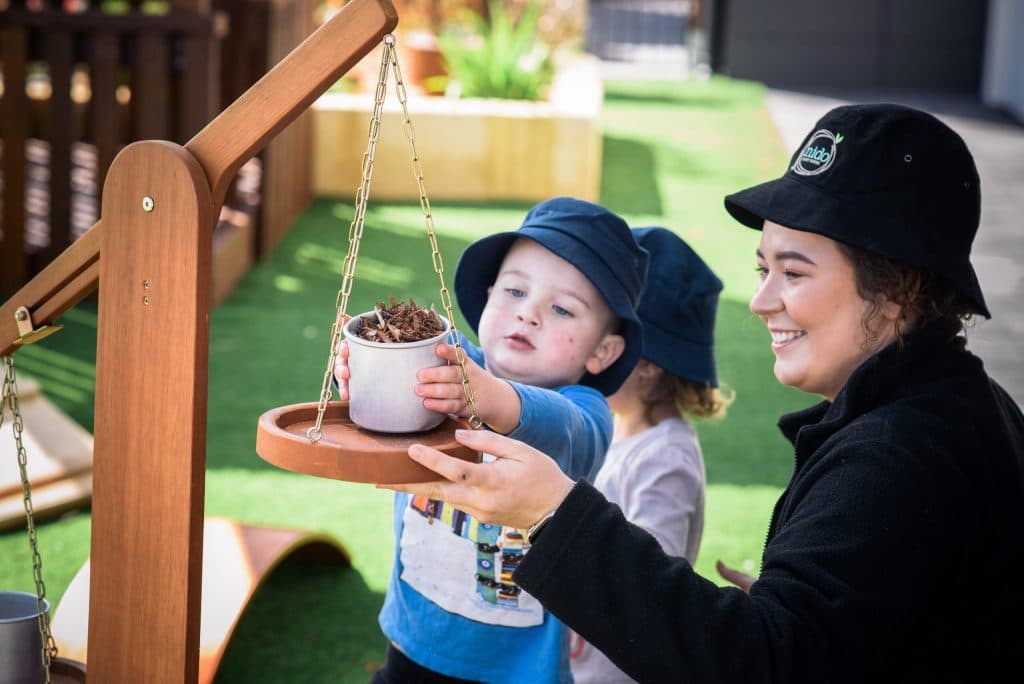

Being raised with more than one language is positively beneficial to both the child and their whole family, but we aim to answer any questions you may have about raising children in a bilingual household.
Children are born to learn and communicate, meaning learning more than one language becomes simply another milestone. The first few years of a child’s life is when a child grasps the concept of language and/or languages. Even those with Downs Syndrome and Autism have the potential to become bilingual with the right exposure.
Does learning two languages confuse a child?
If a child is learning to communicate in two different languages, they will sometimes substitute a word in one language for one of the other. This usually occurs when they can’t think of the word they need in that language. It’s no different from a monolingual child pointing at something when they can’t vocalise the word and is a natural element of language development. Even children as young as 10 months have been shown to babble in the first language of the caregiver they are with. For example, making English sounds with the English-speaking father and German sounds with the German-speaking mother.
Does being raised with more than one language cause speech/language delays?
Every child develops language and speech skills at different rates. Learning multiple languages doesn’t delay the speed, although some might begin speaking a little later, simply because they are processing and learning two languages. If this occurs, it’s only by a few months, with most bilingual children being at the same level as others when starting school. Learning two languages during the early formative years has many advantages, such as adaptative information processing, creative thinking and improved executive function.
Should a child learn one language first, and then another?
A child that grows up in a bilingual household will naturally acquire both. Waiting until a child is fluent in one before introducing the next, means that the second language must be learnt. This is a far more complex process. A child has a finite window of opportunity to absorb multiple languages between the ages of 1 – 5 years, after which learning becomes more of a conscious than unconscious act.
But for any adult who’s struggled to learn a second (or further) language, the benefits of absorbing language during those formative years are so useful. When it comes to providing everything, you can give your child the best start in life, if you’re in the position to create a bilingual environment, it’s a fantastic opportunity for the child.
At Nido Early Schools, many of our children live in bilingual households. In such cases, we discuss this with parents/caregivers to ensure that we provide any nurture necessary for us to encourage their learning.
Find out more about Nido Early Schools at nido.edu.au/about/
